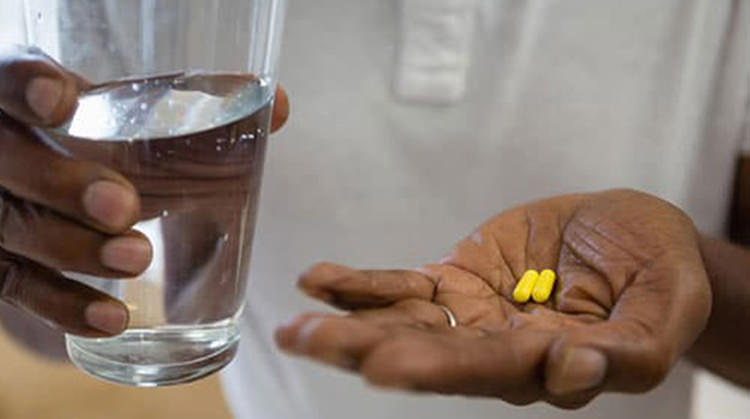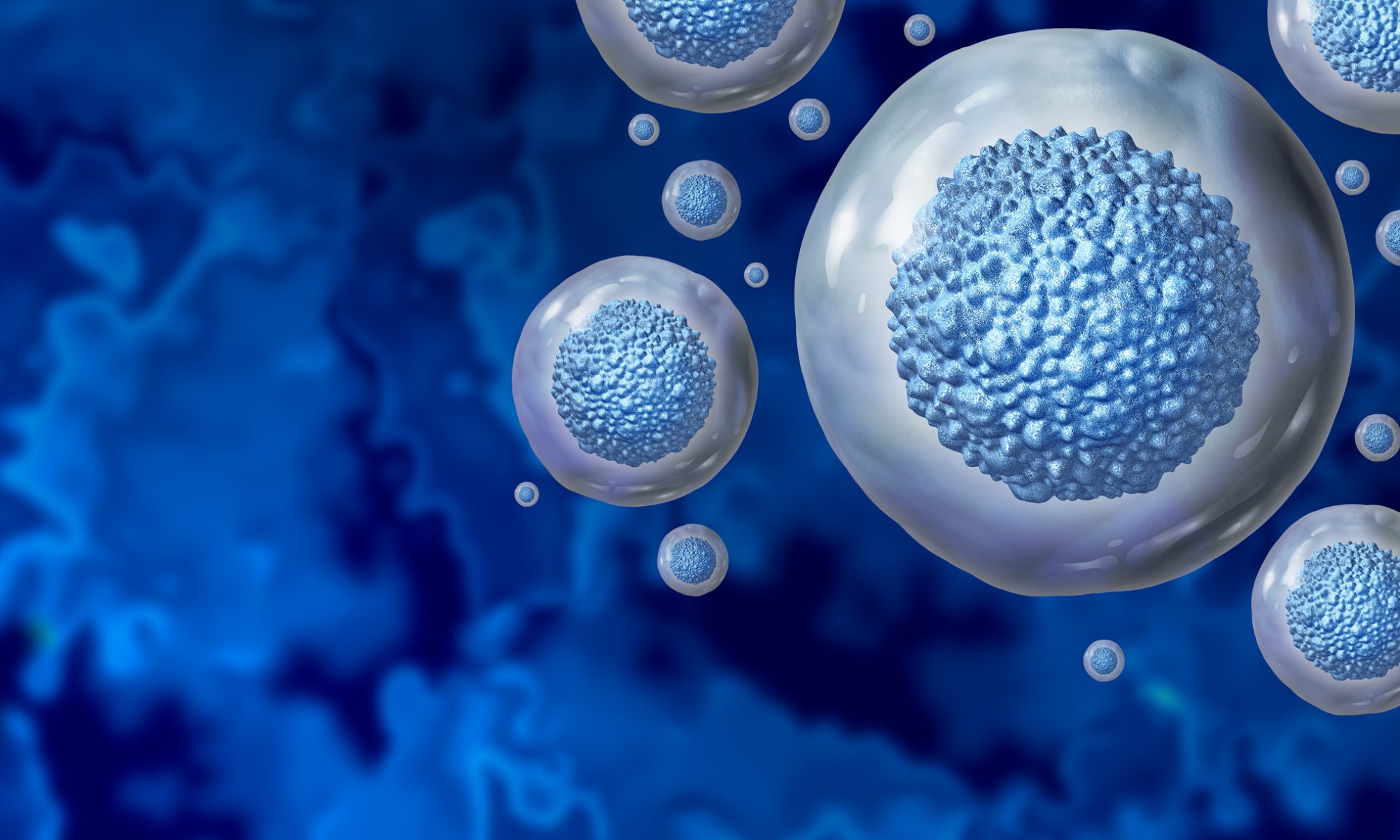News stories abound of altruistic individuals donating their kidneys to strangers. These donations are based on the principle that a person should be willing to donate a kidney with no knowledge of the recipient’s identity or medical or personal circumstances, and with agreement that the outcome of the transplantation may not be known. Read more in Medscape.
Adolescent organ transplant recipients need support as they transition to adult care
Adolescent and young adult organ transplant recipients require supportive clinical care when transitioning to adult health care, according to data published in Pediatric Transplantation.
Further, successful retention in adult health care showed a stronger correlation to improved clinical outcomes compared with initial engagement. Read the full story in Healio.
COVID in the Donor Organ: What’s the Risk?
— In small sample, donors gave infection to lung recipients, yet not to other organ recipients
Three U.S. lung transplant recipients contracted COVID-19 from their new organs, including one patient who died and two patients who transmitted the virus to others, researchers found.
From March 2020 to March 2021, nine SARS-CoV-2 infected donors donated organs to 19 recipients. Three individuals who received bilateral lungs acquired infections from the donors but the remaining 16 recipients of extra-pulmonary organs did not, reported Rebecca Free, MD, MPH, of the CDC in Atlanta, and colleagues.
Read more in MedPage Today.
Post-Transplant Nutrition: Protein, Fluids, Potassium, and Food Safety
Diet is one of many challenges that patients face post-transplant – the combination of requirements and restrictions can be difficult to navigate. To help, CareDx partnered with Molly Chanzis, a Registered Dietitian at New York-Presbyterian Weill Cornell Medical Center specializing in medical nutrition therapy and nutrition counseling specifically for transplant patients.
We hosted a webinar with Molly focused on diet and nutrition post-transplant; this article has been adapted from Molly’s presentation. Read the full article on CareDx.com.
Pulmonary Hypertension Ups Kidney Graft Dysfunction Risk
Pulmonary hypertension is associated with increased risk for graft dysfunction after kidney transplantation, investigators report.
Among 350 patients who received a single kidney transplant from 2010 to 2011 at Emory Transplant Center in Atlanta, Georgia, 117 (33%) had preoperative pulmonary hypertension based on echocardiography. Read the full story in Renal & Urology News.
Hot Topics: SGLT2 Inhibitors and Kidney Disease
In this episode of Hot Topics in Kidney Health, Dr. Katherine Tuttle, Executive Director for Research at Providence Health Care, and Jane DeMeis, kidney patient and advocate, discuss a promising new drug that was initially developed to help patients maintain blood sugar levels and are now being used as in the prevention and treatment of kidney disease.
Read the complete article and/or listen to the recording on this topic from National Kidney Foundation here.
What’s the Mysterious Liver Disease Hurting Children?
An outbreak of acute hepatitis — an inflammation of the liver — in children has killed at least four and required liver transplants in more than a dozen others across the globe, according to the World Health Organization. While the cause is undetermined, investigators are studying a family of pathogens, called adenoviruses, that cause a range of illnesses including the common cold. Read the full story in The Washington Post here.
Does Timing Matter When Taking Anti-Rejection Medications for Your Transplanted Kidney or Heart?
Having an organ transplant can feel like a new lease on life!
You find that you can suddenly do more of the things that you enjoy. However, new recipients are sometimes overwhelmed with all the requirements of post-transplant living.
Read the full story on CareDx.com.
Study unlocks key to improved outcomes for heart transplant recipients
A renewed interest in intravenous ascorbic acid, also known as vitamin C, could improve long-term success outcomes for patients undergoing solid-organ transplant.
Published June 11 in the journal Circulation, the study explores a mechanism for enhancing TET2 (TET methylcytosine dioxygenase 2) enzymatic activity with high dose injections of ascorbic acid. Read the full story in Medical Xpress.
Donor socioeconomic status affects hematopoietic stem cell transplant outcomes
SALT LAKE CITY — Socioeconomic disadvantage among hematopoietic stem cell transplant donors appeared associated with poorer outcomes among transplant recipients, according to study results.
The findings — presented at Tandem Meetings | Transplantation & Cellular Therapy Meetings of ASTCT and CIBMTR — indicate a biologic impact of socioeconomic status on hematopoietic cells that is transferrable from HSCT donor to recipient, researchers concluded. Read more in Healio.








